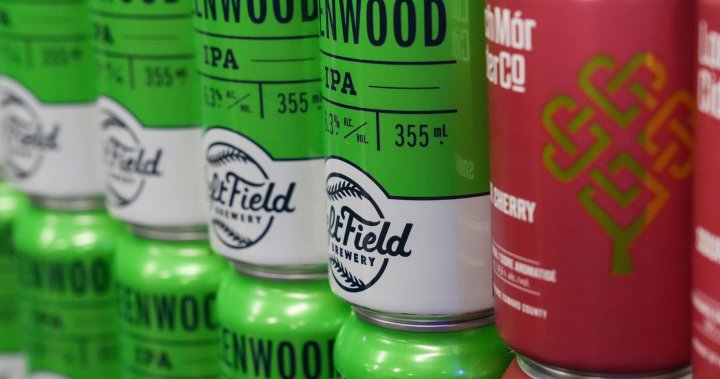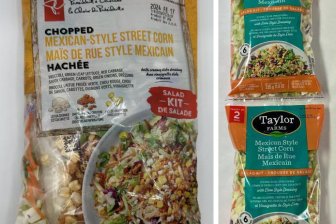It is no April Fools’ joke. On April 1, a federal tax increase on alcohol sometimes known as the “beer tax” is scheduled to come into effect, meaning Canadians could soon pay more for their alcoholic beverage of choice.
A Conservative MP is calling on the Canadian government to stop the raise.
The alcohol excise tax is set to go up by 4.7 per cent, which Kelowna-Lake Country MP Tracy Gray says will cost Canadians about $100 million extra in 2024-25.
She said in a post on her website that many small local businesses in her district are concerned about the tax and how it will affect their bottom line.
“This excise tax increase comes at a time when our local beverage producers and those in the hospitality industry, such as restaurants and pubs, are already grappling with rising costs of everything including raw materials, packaging, energy, rent, and transportation,” she said.
“Many have incurred extra debt loads and have not seen sales return to 2019 levels.”

On Friday, Ontario halted its own scheduled 4.6 per cent increase of its version of the federal tax, as well as LCBO mark-up rates that were set to go into effect on March 1. It is implementing a two-year freeze on the provincial tax increase that automatically would have increased based on the rate of inflation.
Get the latest National news.
Sent to your email, every day.
Policies around alcohol prices and accessibility have been a big selling point for Premier Doug Ford’s government, with it moving to expand access to alcoholic products to convenience stores in the province and Ford’s “buck a beer” previous campaign promise.
Jeff Guignard, the executive director of the Alliance of Beverage Licensees, told Global News recently that the federal tax increase could mean an extra $1 or $2 for a bottle of spirits or certain pack sizes, and it will be felt “pretty quickly” by consumers after going into effect.
“You pay (this tax) every day when you buy alcohol without even knowing it,” he said. “It’s one of those hidden-in-the-background taxes.”
The tax increase is tied to the Consumer Price Index and automatically goes up in line with inflation. However, that automation was set in 2017, before Canada saw record levels of inflation that in turn caused the tax to skyrocket. In 2023, the tax was set to go up 6.4 per cent but was capped at a two per cent increase due to industry lobbying.
Since the tax is an “escalator tax,” meaning it is automatically increased, there is no debate or vote in Parliament each time scheduled increases go ahead. Before the automation of its increases, the tax had to be approved by Parliament every time it was increased.
Now, industry is calling again for the tax increase to be scrapped. In an open letter to Finance Minister Chrystia Freeland in December, brewery, beer retail and distribution union workers made an “urgent call” for the federal tax to be cancelled.
“The impending 4.7 per cent federal beer tax increase poses a significant threat to the stability of the brewery industry, jeopardizing the livelihoods of unionized workers,” the letter stated.
Guignard said that hospitality businesses are struggling the most after being hit during the pandemic, and it is not the time to raise taxes on the products they sell. However, he said there hasn’t been a lot of progress in talks with the government to stop the hike.
The tax is implemented at the point of production and by the time it gets passed down to consumers, it has inflated about 30 per cent, Beer Canada president CJ Hélie previously told Global News in November.
Beer Canada, an industry group, is pushing to cancel the tax increase, including recruiting actors Rick Moranis and Dave Thomas to reprise their Canadian hoser roles as Bob and Doug McKenzie — made famous in their Great White North skits on Second City Television — in radio ads.
© 2024 Global News, a division of Corus Entertainment Inc.




